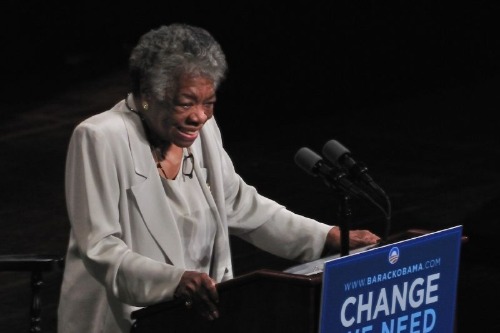In a world where the word “boss” is often synonymous with power, ambition, and control, it’s easy to forget that many of the most groundbreaking leadership lessons have been taught by women. Throughout history, women have led movements, inspired revolutions, and built empires—sometimes in the face of extreme adversity. These women didn’t just break barriers; they reshaped what it meant to be a boss. Today, we’re going to talk about some of the boss moves borrowed from women who changed the world and how we can apply them to our lives and careers.
The Power of Resilience: Oprah Winfrey

One of the most iconic women in media, Oprah Winfrey, is a perfect example of how resilience is key to success. Winfrey’s story is not just one of triumph but of overcoming deep personal challenges and societal barriers. Born into poverty in rural Mississippi, Winfrey faced sexual abuse, a turbulent childhood, and years of struggling with her self-image. Yet, through it all, she maintained a focus on her vision for herself and the world.
Her resilience is best seen in her ability to turn each obstacle into an opportunity. For example, Oprah was fired from her first television job as a news anchor, with the comment that she “wasn’t fit for TV.” Rather than giving up, she embraced her natural talent for emotional storytelling, shifting her career path to become a talk show host. Her show, “The Oprah Winfrey Show,” became a platform that not only made her a billionaire but also a cultural icon.
What we can learn from Oprah is the power of resilience. When things don’t go as planned or when you’re faced with rejection, don’t give up. Learn from it. Pivot when necessary. Resilience isn’t just about bouncing back; it’s about using what you’ve learned to come back even stronger. Oprah’s ability to continuously reinvent herself, despite early setbacks, is a true example of a boss move in action.
Leading with Empathy: Maya Angelou

Maya Angelou wasn’t just a poet; she was a force of nature who knew how to lead with empathy. As a writer, speaker, and civil rights activist, Angelou’s work centered on the importance of human connection, understanding, and shared experience. Her words resonated deeply with millions of people around the world because she had an extraordinary ability to empathize with the struggles of others.
One of Angelou’s most memorable quotes, “I’ve learned that people will forget what you said, people will forget what you did, but people will never forget how you made them feel,” is a testament to her leadership philosophy. She knew that true leadership wasn’t about asserting control or dominance. It was about creating a space where people felt seen, heard, and understood.
What can we take from Angelou’s approach to leadership? The power of empathy. In the workplace or in any situation where you are in a leadership position, making people feel valued and understood is one of the most important things you can do. Empathy isn’t just about being kind—it’s about seeing things from another’s perspective, which in turn creates a more inclusive, positive, and productive environment. The most effective bosses don’t just manage people; they understand them and meet them where they are.
The Art of Strategic Risk-Taking: Harriet Tubman
Harriet Tubman is a name synonymous with courage, activism, and risk-taking. Born into slavery, she escaped to freedom and then risked her life repeatedly to help others escape as well, through the Underground Railroad. Tubman didn’t just take risks for the sake of adventure. Every decision she made, every time she crossed a border, every time she guided a group of escaping slaves, she was putting her life on the line. But her courage wasn’t reckless. It was strategic.
What makes Tubman’s risk-taking particularly powerful is that it wasn’t about blind bravery; it was about calculated moves with a larger vision. Tubman didn’t just escape once and live her life in safety. She returned to help others, learning the routes, gathering intelligence, and planning her every move. Her ability to take strategic risks was grounded in a deep belief in her mission and an understanding of the stakes involved.
How can we incorporate Tubman’s strategy into our own leadership styles? The key takeaway is that great bosses aren’t afraid to take risks, but they take smart risks. Whether you’re navigating a business decision, a career change, or even a personal project, you need to calculate the risks involved, plan your moves, and have a strong vision of what success looks like. Strategic risk-taking, like Tubman’s, requires a mix of courage, preparation, and clear goals.
Boss Moves Aren’t About Titles, They’re About Actions
When you think about the “boss moves” that have shaped the world, it’s easy to assume they come from corporate moguls or political figures. But as we’ve seen with women like Oprah Winfrey, Maya Angelou, and Harriet Tubman, the real power of leadership lies not in authority but in actions, resilience, empathy, and smart decision-making.
The lesson here is clear: being a boss isn’t about the title or the corner office. It’s about how you handle setbacks, how you make others feel, and how you take risks with purpose. These women didn’t just break glass ceilings—they rebuilt the foundation of leadership itself. So, the next time you’re faced with a challenge, think about the boss moves you can make, inspired by these women who weren’t afraid to lead from the heart, mind, and gut.
